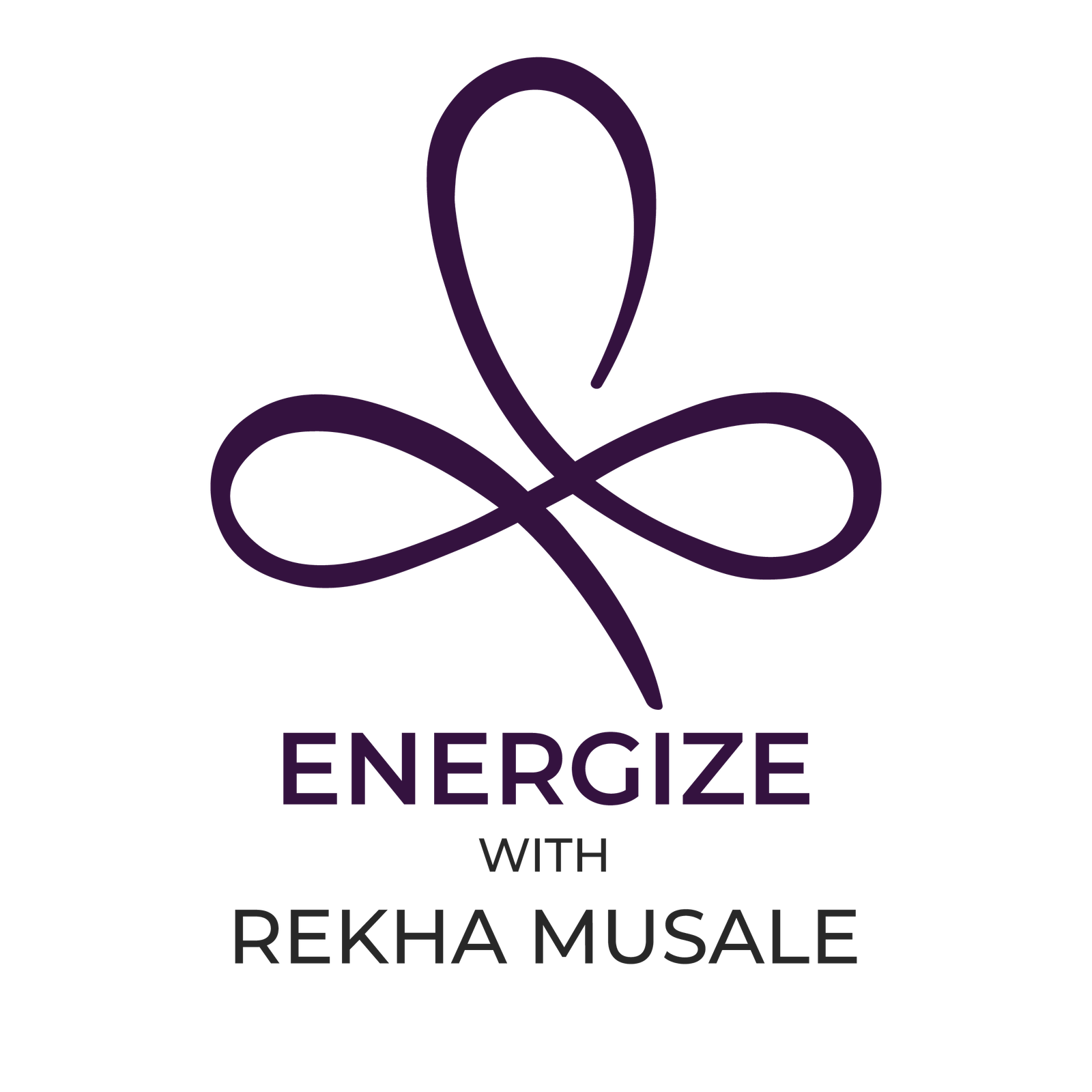Restorative yoga is a relaxing practice that focuses on slowing down and extending your body passively. In a restorative yoga session, you might not move much at all, perhaps practicing a few poses over the course of an hour.
Restorative yoga is unlike most other types of yoga in that it is an entirely distinct experience. Learn about restorative yoga and why it’s so important to slow down and appreciate the benefits of relaxation.
What Is Restorative Yoga and How Does It Work?
Beginners and advanced practitioners of all levels can benefit from restorative yoga. Restorative yoga is a relaxing practice that involves holding yoga poses for longer periods of time while using props such as yoga blocks, blankets, and bolsters. It’s a deep relaxation technique that stresses yoga’s contemplative aspect—the connection of body and mind. The postures are held quite effortlessly due to the use of props for support.
When the body relaxes, the mind can also relax deliberately as tension is lifted from both the body and the mind. During a restorative yoga practice, the only work you have to do is pay attention to your breath and become aware of any sensations or ideas that emerge.
Yoga is currently trending toward athletic, aerobic, and acrobatic versions of the practice. For example, in a normal yogic class, you’ll move quickly from one posture to the next as you create heat and improve your strength and flexibility over time. Restorative yoga, in contrast to these vigorous kinds of yoga, focuses on muscle relaxation through the use of props to support the body. You’ll get a moderate stretch in some of the restorative positions. The duration of restorative yoga poses ranges from 5 to 20 minutes.
Benefits of Restorative Yoga
Yoga is commonly marketed as a physical exercise that can improve strength, stability, and flexibility, as well as improve respiratory and cardiovascular function and even relieve chronic pain symptoms. Yoga has been shown to provide numerous mental health advantages, including reduced stress, anxiety, and depression, as well as improved sleep hygiene and general quality of life. The many advantages of restorative yoga are similar to those of other types of yoga. These are some of them:
- Improved well-being: A Yoga activity, in general, is linked to increased physical and mental well-being in the general population.
- Better mood: Yoga can assist people with stress, anxiety, depression, and other mood disorders manage their symptoms, according to research.
- Reduced pain: Studies demonstrate that many types of yoga, especially restorative yoga, are effective therapies for musculoskeletal pain management.
- Gentle on the body: Restorative yoga practices are easy on the joints, and with regular practice, the connective tissues that surround the bones and joints can be strengthened.
- Increased relaxation: Deep breathing soothes the nervous system, which promotes relaxation, and research backs up a restorative yoga practice as a good method to unwind. According to a 2014 study, restorative yoga is more efficient than normal passive stretching at promoting calm.
- Better sleep: The calmer you are, the more likely you are to have a restful night’s sleep. In a meta-analysis published in 2020, researchers looked at 19 studies to see how different types of yoga, including restorative yoga, can affect sleep quality. Researchers discovered that raising melatonin and lowering hyperarousal with yoga is an effective intervention for controlling sleep disorders.
Furthermore, clinical study into restorative yoga has discovered that the practice is beneficial to cancer patients, with benefits in psychological well-being.
Restorative yoga has been shown to reduce despair in cancer survivors, relieve anxiety, despair, and pain sensations in cancer patients, and assist patients to manage the toxicity of cancer treatments, according to research.
Restorative yoga includes many of the same physical and mental health advantages as other types of yoga, with the added benefit of fostering profound rest and relaxation, which can improve general well-being.


